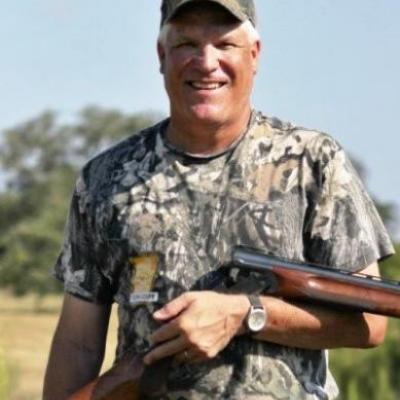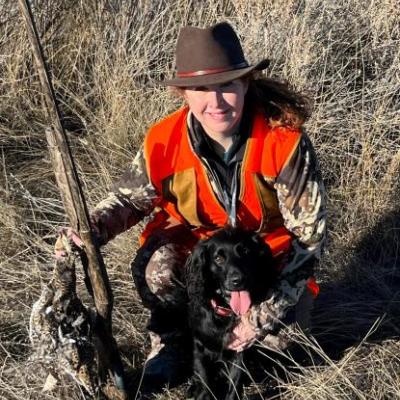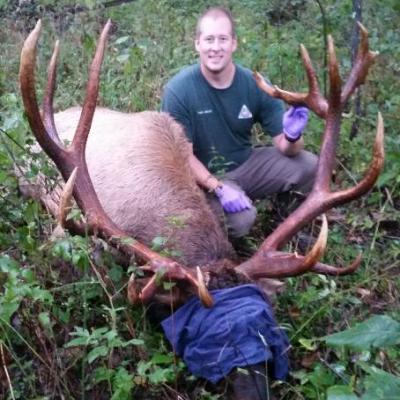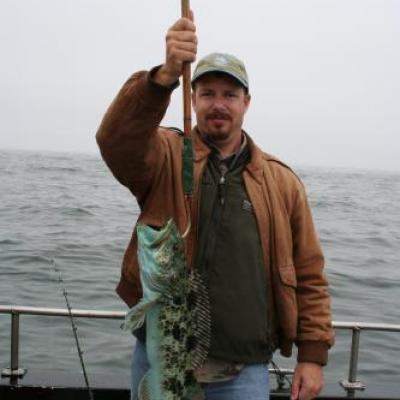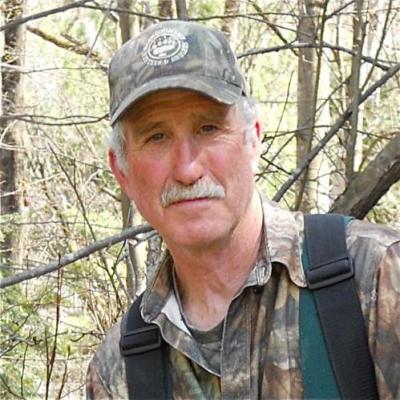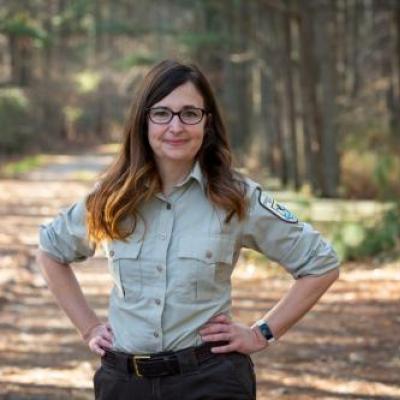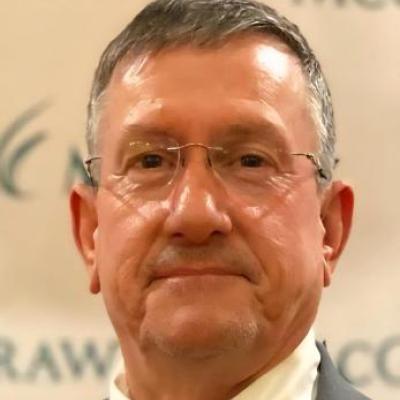National Conservation Training Center (NCTC)
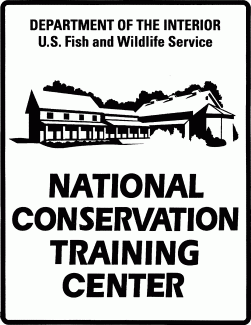
The National Conservation Training Center supports the mission of the U.S Fish and Wildlife Service in five critical ways:
- Home and Heritage: NCTC serves as the physical and virtual “home” of the U.S. Fish and Wildlife Service, where the history and heritage of the Service are preserved and shared;
- Training for the Mission: NCTC provides exemplary training and professional development tailored to support Service employees and conservation partners in accomplishing the agency’s mission;
- Partnerships: NCTC helps solve the urgent conservation challenges facing our natural resources by bringing together diverse partners to increase our relevance to the American people.
- Sustainability: NCTC is a national leader in the conservation community for its state-of-the art facility and green practices.
Campus Setting
NCTC is a walking campus on a 533 acre property. The instructional classrooms, commons, and housing are situated within the rural setting of both forest and grasslands. The architectural design demonstrates the buildings and walkways are blended with the landscape to entice guests to shed their metropolis pressures. Outdoor patios, walkways, and break areas are situated to easily view the Mid-Atlantic area wildlife throughout the four seasons. Birds, white-tailed deer, fox, and other critters are frequently seen skittering up nearby trees or moving along a grassland culvert.
The National Conservation Training Center, or frequently referred to as NCTC, is located just 60 miles or just over 1 hour outside the Washington DC metropolitan beltway. We are part of the Shepherdstown, West Virginia community also known for the nearby state university just down the road from us. Our location is closest to the Washington Dulles International Airport, but many customers also use Baltimore/Washington International and Reagan National (DC) Airport.
Please bring the following important items:
1) comfortable, warm, outdoor field clothing--not too bulky
2) toiletries
3) cap or headband; (optional for your comfort)
4) gloves (optional for your comfort)
5) rain gear (optional for your comfort)
6) warm, waterproof, hiking/ work style boots
You may also want to consider bringing the following optional items:
7) handwarmers
8) personal snacks
9) Agency marketing and giveaway items (to share with other participants)
The outdoor field exercises will be conducted even if it is cold, raining or snowing, so come prepared for those possibilities. We recommend you check the Shepherdstown, WV area weather prior to packing.
Prior to joining BRI, Ryan obtained a PhD at Texas State University. While at Texas State, he was a Doctoral NSF Fellow working in a GK-12 program. When not in middle school classrooms getting students interested in science, Ryan was working on his dissertation which focused on body size, rumen-reticulum functions, and dietary nutrition of white-tailed deer. Prior to his doctoral work, he earned an MS from the University of Texas at San Antonio. During this period he worked for the University of Texas Health Science Center at San Antonio performing behavioral assays on Rhesus Macaques. After receiving his bachelor’s degree from Texas Tech University, Ryan worked as a Game Warden for New Mexico Department of Game and Fish until he returned to Texas to begin his master’s and doctoral work.
She has a Masters degree in Wildlife Management from West Virginia University, and a BS in Biology from University of Pittsburgh. In her spare time she is an avid hunter, angler, and loves training her rescue dog Elsie. She also serves as a mentor for other women learning to hunt; Marcia has a strong desire to break down both the stereotypes and barriers for women and other minorities to get involved in the liberating and diverse world of outdoor sports.

